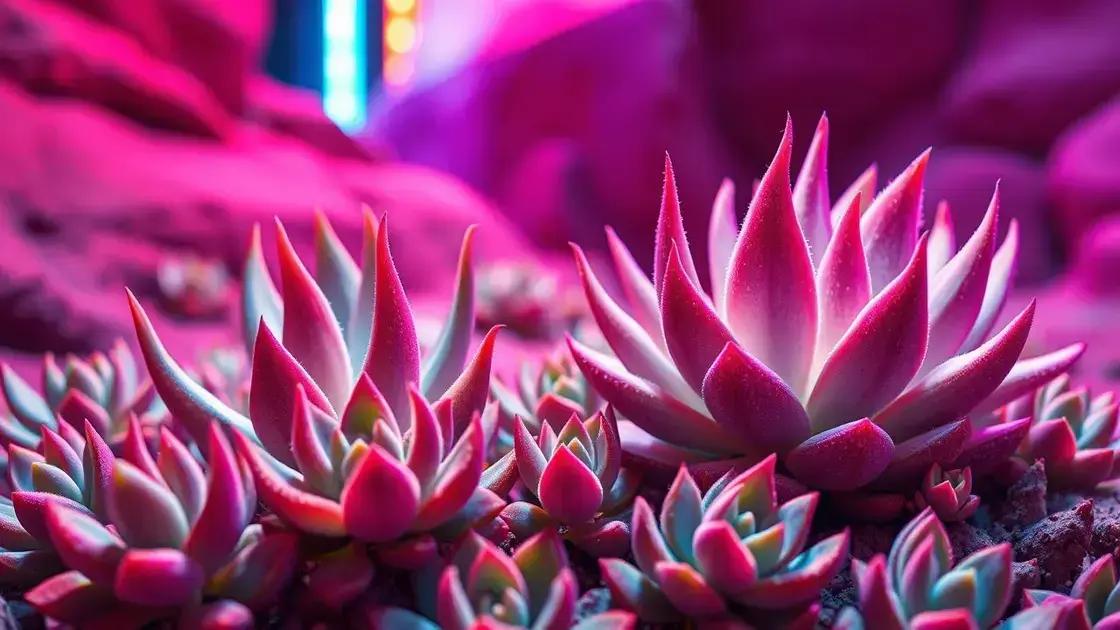How to Care for a Donkey Ear Plant: 5 Essential Tips for Success
How to care for a donkey ear plant is a journey worth undertaking, especially if you’re smitten by the charm of these unique succulents. Their striking leaves and simple maintenance needs can turn any space into a lush haven. Let’s delve into the essentials of giving your donkey ear plant the best care possible, ensuring it flourishes beautifully.
Table of Contents
ToggleEssential watering techniques for your donkey ear plant
Essential watering techniques for your donkey ear plant are crucial for maintaining its health and vibrancy. These succulents thrive in drier conditions, so understanding the right approach can significantly impact their growth.
One main reason for the success of your donkey ear plant lies in proper watering practices. Here are some essential tips to ensure your plant gets just the right amount of hydration:
- Check the soil moisture: Before watering, always check the soil. If the top inch feels dry, it’s time to water.
- Water deeply, but infrequently: Give your donkey ear plant a good soak, allowing the water to penetrate deep into the soil. Ensure excess water drains away.
- Adjust watering frequency based on seasons: During warm months, you may need to water more frequently, while in cooler months, watering should be reduced.
Here’s a simple table to summarize the watering needs:
| Season | Watering Frequency |
|---|---|
| Spring & Summer | Every 1-2 weeks |
| Fall & Winter | Every 3-4 weeks |
For your donkey ear plant, the ideal conditions require well-draining soil mixed with sand or perlite. This helps avoid overwatering, which can lead to root rot. To further enhance your knowledge, consider exploring indoor gardening techniques that can assist in creating a flourishing environment.
Moreover, be attentive to signs of distress, such as yellow leaves. This can indicate overwatering, while shriveling leaves might suggest the need for more water. By incorporating these essential watering techniques for your donkey ear plant, you’re ensuring a healthy, thriving addition to your home.
Optimal light conditions for thriving donkey ear succulents

Optimal light conditions for thriving donkey ear succulents are essential for their growth and overall health. These plants love bright, indirect sunlight, which promotes robust leaf development and vibrant colors.
To ensure your donkey ear plant thrives, consider the following light requirements:
- **Brightness**: They prefer bright light but can also adapt to partial shade.
- **Duration**: Aim for approximately 6-8 hours of light daily for optimal growth.
- **Placement**: Position your plant near a window with filtered light to prevent leaf burn.
Here’s a simple table summarizing the light conditions for donkey ear succulents:
| Light Condition | Recommendation |
|---|---|
| Direct sunlight | Avoid to prevent leaf damage |
| Bright, indirect light | Ideal for healthy growth |
| Low light | Possible, but may slow growth |
In addition, keep an eye on the plant’s response. If you notice stretching or elongated leaves, it could indicate inadequate light. Conversely, if the leaves become scorched or discolored, it may be getting too much direct sunlight.
For enhanced growth, you may also want to consider exploring indoor gardening techniques that suit your environment. Proper lighting paired with attentive care can greatly improve the vitality of your donkey ear plant.
Common pests and how to handle donkey ear plant issues
Common pests and how to handle donkey ear plant issues are vital topics for maintaining the health of your succulents. These charming plants can attract several pests, making it crucial to identify and address issues promptly.
Here are some of the most common pests that may affect your donkey ear plant:
- **Mealybugs**: These small, white insects often appear in clusters and can weaken the plant.
- **Aphids**: Tiny and often green or black, aphids suck the sap, leading to stunted growth.
- **Spider mites**: These arachnids thrive in dry conditions and can be challenging to spot without closer inspection.
To effectively manage these pests, consider the following treatment steps:
- **Regular inspection**: Routinely check your plants for signs of pests, particularly under leaves.
- **Natural remedies**: Use a mixture of water and dish soap spray to treat infestations. It’s effective against soft-bodied pests like mealybugs and aphids.
- **Commercial solutions**: Insecticidal soap or neem oil can also be suitable options for severe infestations.
Additionally, maintaining optimal care can reduce pest issues:
- Prevent overcrowding to promote good air circulation.
- Keep the foliage dry to deter spider mites.
- Use well-draining soil to decrease overwatering, which can attract pests.
For more in-depth strategies, consider exploring indoor gardening techniques that can help you create an optimal environment for your donkey ear plant. By being proactive and attentive, you can keep these lovely succulents healthy and thriving.
In conclusion
Caring for your donkey ear plant is a rewarding journey that involves understanding its specific needs. From optimal watering techniques and light conditions to identifying common pests, each aspect is crucial for your plant’s health. By providing the right environment and promptly addressing any issues, you ensure these succulents thrive in your indoor garden. For additional tips on enhancing your indoor garden, remember that every little bit of care can make a significant difference in the well-being of your beloved donkey ear plant.

